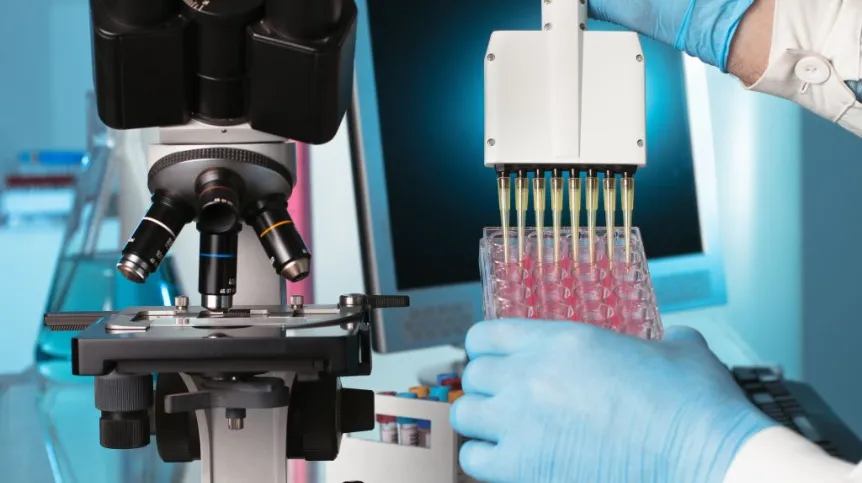
Experts from Gdańsk have used analysis of a single short gene to accurately determine the staphylococcus strain taken from a patient, which they say can be used to identify the best therapy.
By using their method to determine the strain taken from an infected patient, specialists from the Gdańsk University of Technology and the Medical University of Gdańsk it was closely related to a 25-35 million old strain recovered from a Dominican amber inclusion.
Although Gene analysis had been used for a long time to determine bacterial strains, this was the first time the nucH gene was used.
This was enough to determine an extremely short DNA section of only 81 pairs of nucleotides.
Professor Roman Kotłowski from the Gdańsk University of Technology said: “On the basis of our results, we can assume that probably other species of the genus Staphylococcus from different clinical samples can be identified using the sequencing method of the nucH gene fragment we have developed.”
Find out more: https://pg.edu.pl/en/news/2021-12/method-determine-species-bacterial-strains-staphylococcus (PAP)
Marek Matacz
mat/ ekr/ kap/
tr. RL













